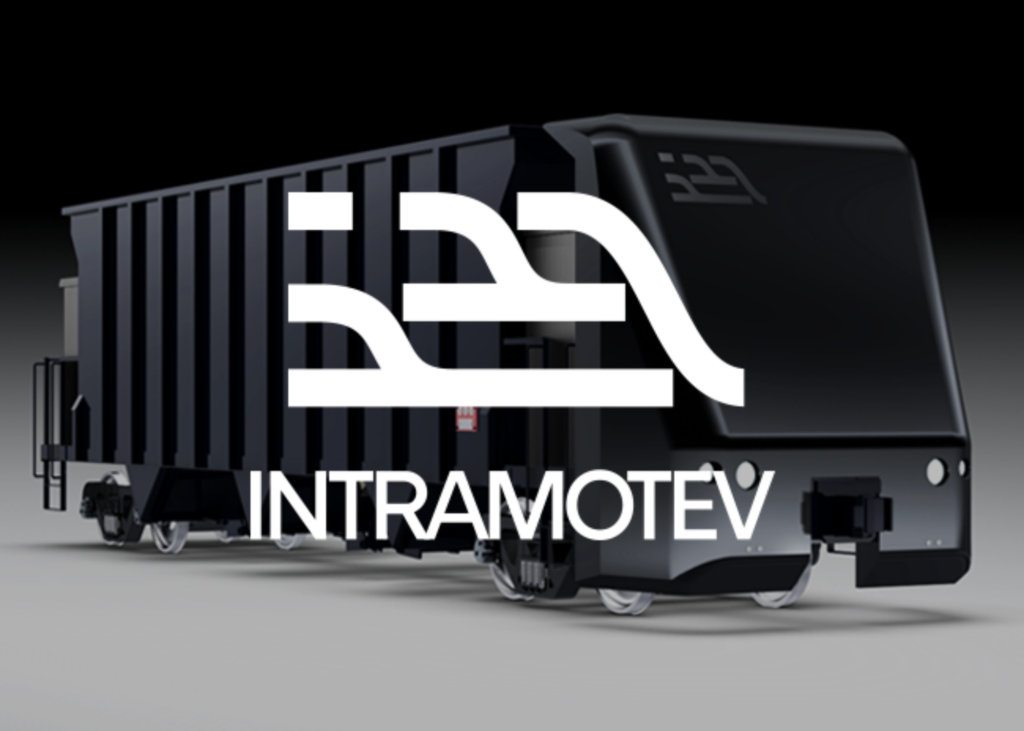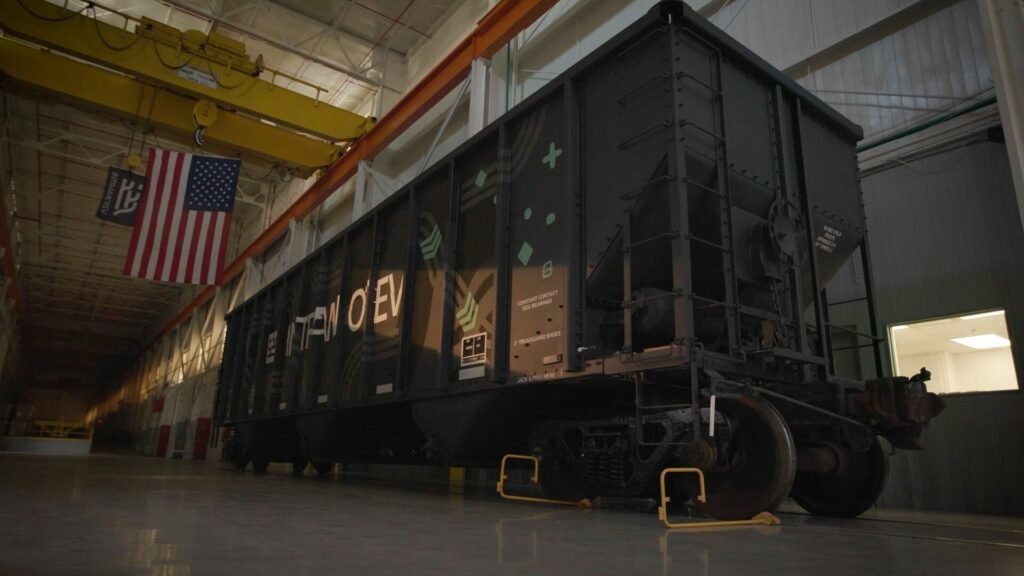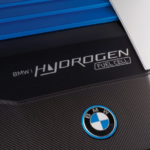Electric trains are prevalent in passenger rail systems, but they have yet to influence the freight transport industry. That is starting to change. The newest rail electrification effort concerns the St. Louis, Missouri-based company Intramotev, which wants to eliminate diesel fuel from locomotives with a fleet of battery-electric autonomous rail cars.

Intramotev’s TugVolt variant is designed to retrofit existing electric railcars with battery packs. The railcars may execute “first mile” loading operations independently in freight yards and other stops, link with trains for long distance travel, then disengage to reach their “last mile” destination.
The decoupling factor adds a new level of efficiency. It would free rail cars from having to muster in large, centralized freight yards. They could potentially travel closer to their destinations without relying on trucks to fill in the last leg of the journey.

TugVolt railcars are part of an integrated suite of systems that also includes the company’s ReVolt regenerative braking technology, which has become a must-have for electric trains. Automated safety systems for gates, hatches, and other equipment round out the package.

Intramotev received a $200,000 grant from Michigan’s Office of Future Mobility and Electrification last week. The funds will be used to transport a trio of TugVolt railcars to a mine in Michigan later this year.
Intramotev’s near-term goals include deploying TugVolt railcars in self-contained use cases such as ports, processing plants, and plant-to-plant operations, in addition to mining.
This is a PR Newswire Feed; edited by Clean-Future Team






